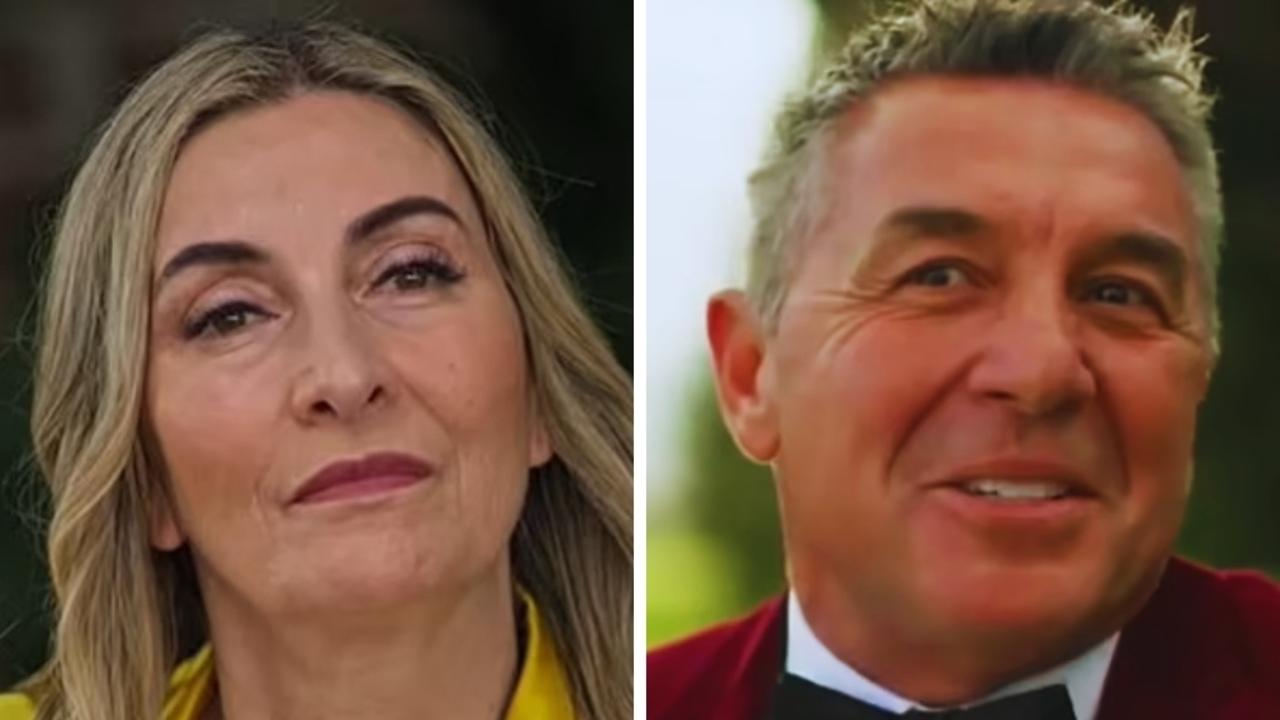Sir David Attenborough’s Dynasties: Natures’ game of thrones — up close and personal
Building dynasties isn’t just a human thing. The animal kingdom is also about getting ahead of the pack — and staying there, as Sir David Attenborough’s new show reveals.

TV
Don't miss out on the headlines from TV. Followed categories will be added to My News.
EVEN the animal kingdom’s legendary storyteller Sir David Attenborough admitted it was risky allowing film crews years to focus on just five of the world’s most endangered species for a new documentary.
But after four years, the highly-ambitious gamble has paid off.
Dynasties is the BBC’s newest and most intimate natural history series that spans across five episodes, revealing never-before-seen details of how some of the world’s most celebrated animals live.
Crews travelled to West Africa to live with chimpanzees, to Antarctica to record emperor penguins, to Kenya to observe lions, to Zimbabwe to capture painted wolves and to India to find tigers.
The dedicated teams spent years compiling intimate accounts of the animals who are each fighting against the odds — some man-made — to ensure their survival.
The groundbreaking visuals are punctuated by the instantly recognisable narration of Sir David Attenborough, who this year celebrated his 64th year in the industry.

But even the king of the natural history world — who has hailed Dynasties as groundbreaking — thought the show could have been too ambitious.
“I can’t think of any program that I’ve done in which it is just one particular family of animals, the same ones that have been observed continuously for two and a half years,” Attenborough, 92, says, following an exclusive viewing of the first episode in London.
“Economically, that’s almost impossible.
“Trying to sell it to me I’d say ‘You’re crazy’ because to actually put in that kind of investment, nothing might happen.
“You might just go out there day after day, and same old business, chew a bit more grass, and migrate.”
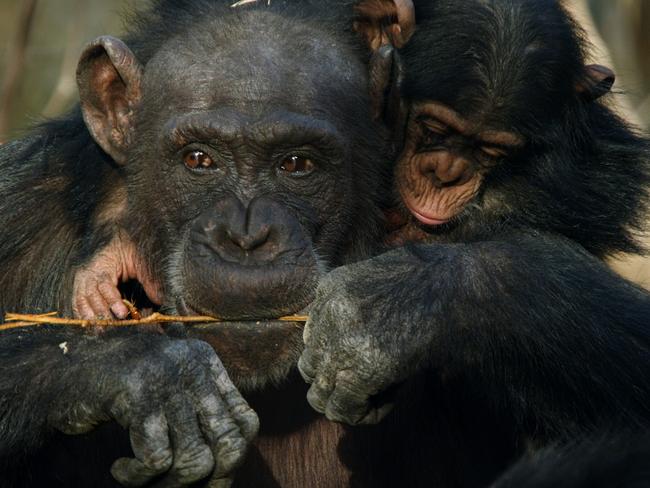
But the investment, which saw crews walk up to 24km a day, carry 80kg of equipment and endure temperatures as low as -44.3C, proved worthwhile.
Speaking in London ahead of the show’s release, executive producer Michael Gunton says it was important that each species’ narrative was told accurately.
“One of the things that appealed to us … was there is an opportunity to tell a slightly different narrative, an intense narrative,” Gunton says.
“But you’ve got to be confident that you’re going to get enough of the story. We were determined not to fill in the gaps by just telling it. We wanted to try and show as much as we could.”
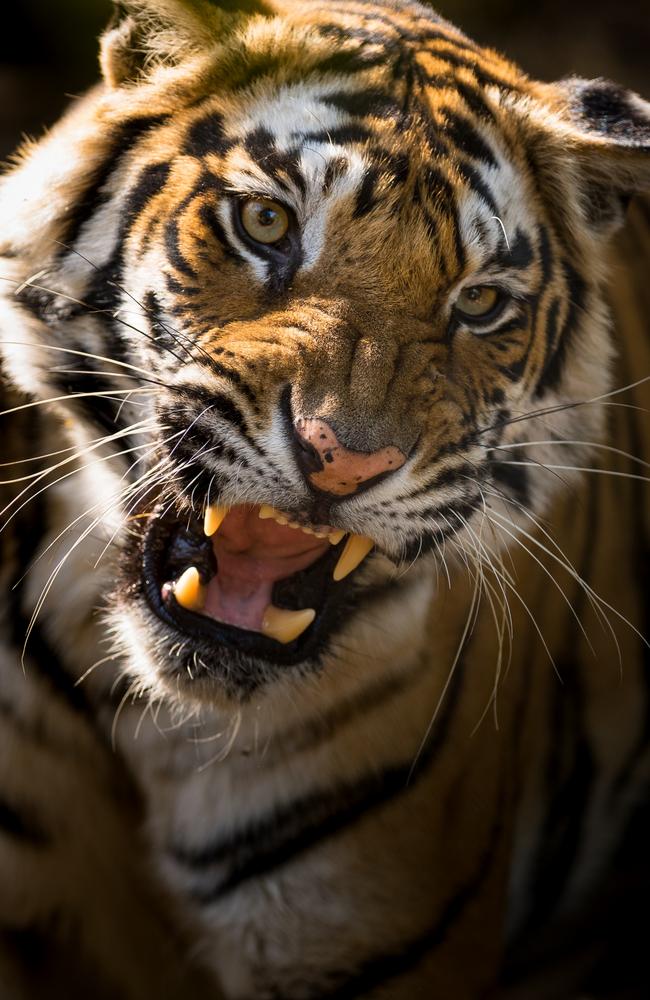
The executive producer says it was the animals that told their stories, not the crews.
“We’re just recording,’ he says. “That was an important mindset for us to keep thinking, ‘Don’t impose our own views on this, let the stories tell themselves.’
“And also don’t layer it with commentary and try and explain what’s going on.”
The first episode focuses on David, the alpha chimpanzee in Senegal, who not only battles to maintain his dominance but also for his life.
The film crew was stationed with the curious primates for two years, walking more than 2400km and spending up to nine hours simply waiting for the chimps to reappear from sleeping in vines during the day.
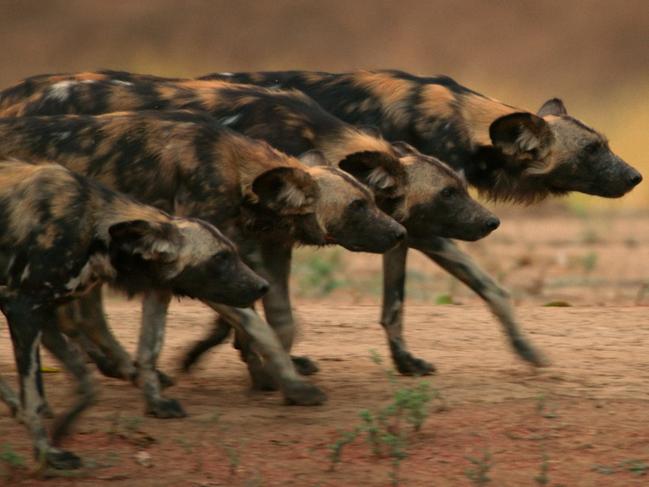
Part of the reason the chimps were cast, along with series’ other animals, was to do with their anthropomorphism.
Attenborough says the notion of animal politics was not a “fanciful, showbiz one”.
“It’s a serious one because they (animals) are working on what causes dominance,” he says.
“How do you create dominance? How do you get allies and so on and so on?
“Animals do have a lot of human characteristics, particularly primates, particularly chimps.
“You have to be very careful when you’re writing it — how do you say he was jealous?
“You have to be absolutely sure … that what you’re saying is correct.”
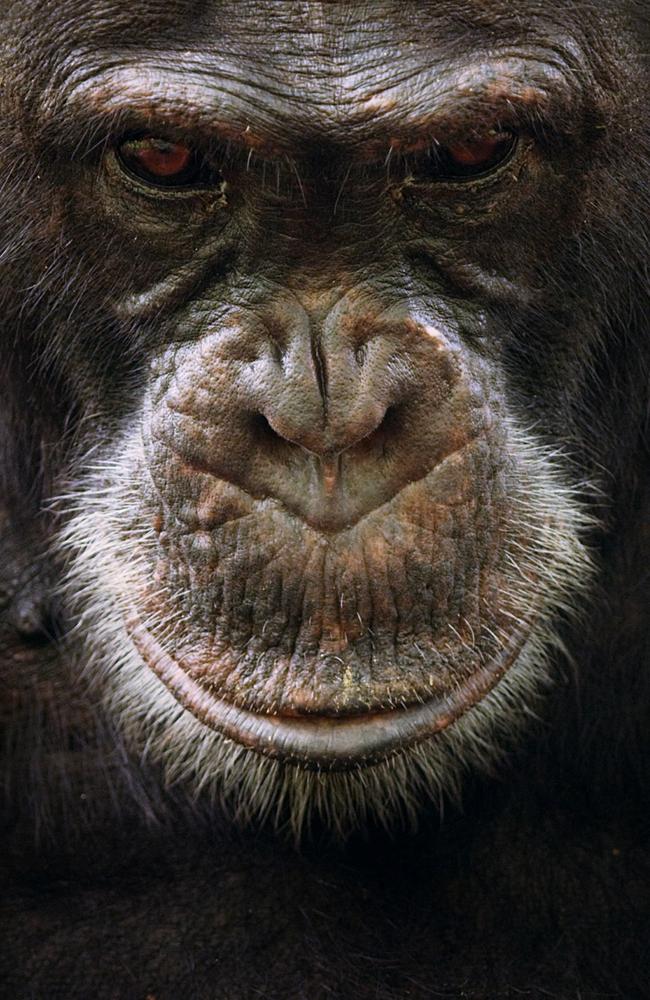
There were pivotal moments during the series’ filming that crews managed to capture, despite some instances lasting just seconds.
Chimpanzees producer and director Rosie Thomas says during their time with the primates, one crucial moment between David the alpha and another chimp called Luther, unfolded in one and a half minutes.
“Every single one of those chimps in that group had a different personality and different character and we got to know those and by being able to get to know those we were able to read them a lot better and bring you the story we were able to bring you,” she says.
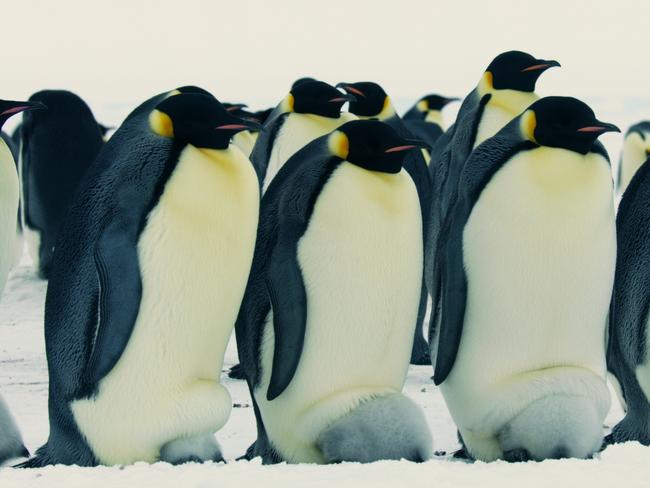
“You could predict things a lot more which meant that we were able to predict when David came back against Luther.
“That’s how we were able to capture that one moment that lasted a one and a half minutes.”
The common theme that ties each episode of Dynasties together is the battle for space.
While the issue is not as “sexy” to broadcast as things like plastic waste, Attenborough says human encroachment remained a massive concern.
“And that’s the case in every one (Dynasties episode) except the Antarctic,” he says.
“But all the others, the factor which is unspoken really is the acceptance that they are under pressure and it’s a very difficult thing to deal with.
“How do you solve this?”
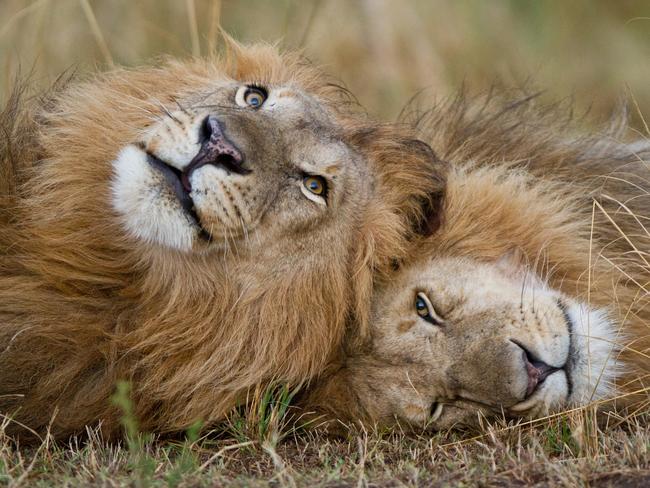
When asked if there were any species that he still wanted to work with, Attenborough says there are an “infinite number”.
“We could do it all over again,” he says.
“That’s the wonder of the natural world, people say ‘Haven’t you done it all’,” Gunton says.
“And you think ‘Well no,’ because the natural world is endlessly fascinating and there’s new discoveries.
“That’s why we loved this series, it allowed us to go to very familiar animals.
“Yet you take this approach and you reveal things about them that most people either never see or be aware of.
“It’s like human documentary, for one species there are a million documentaries.
“We’ve got millions of species.”
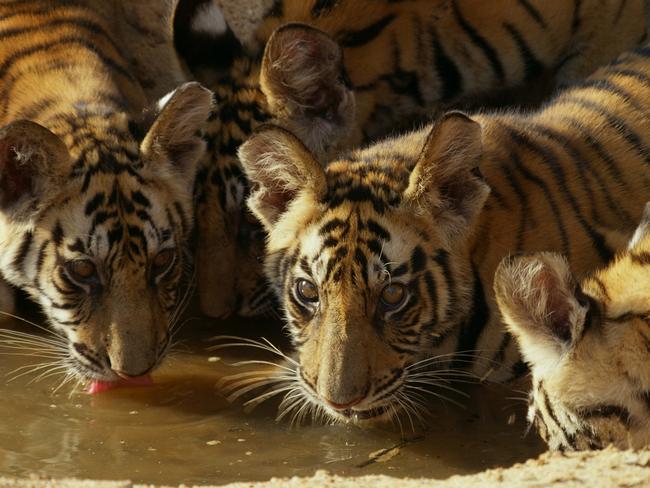
Dynasties, Saturday, 7pm, Channel 9

